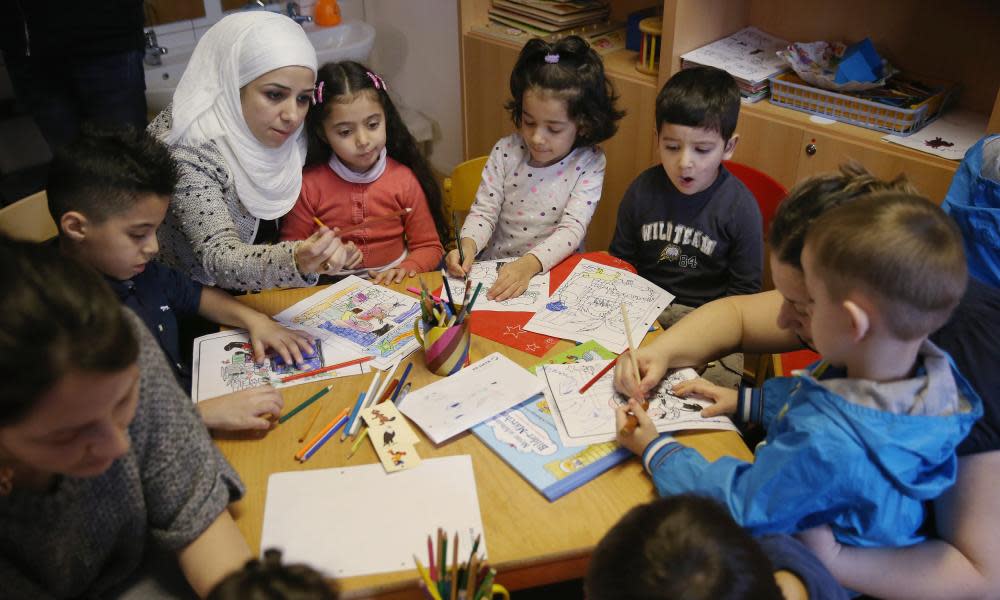European countries seek common approach to child protection training

Universities across Europe, including Kent and Stirling, are involved in a project to design a set of training materials for child protection services that can be used by social workers in eight different countries.
The move is an attempt to create a common approach to child protection practice across Europe and, at the same time, allow social workers from different countries to learn from each other.
The project, which began in 2015, is led by Paul Rigby, a lecturer in social work at the University of Stirling. Rigby says that while the theory behind social work training in European universities is broadly the same, the practice may differ. He points out that many eastern European universities have only been offering professional social work programmes since the early 1990s. Under communism, social work did not exist as a separate profession; in some of those countries child protection is still the remit of the church.
Today, says Rigby, UK social workers are often reluctant to accept the assessments completed by social workers from beyond their borders, even though there is much good practice to be shared. “For example,” he says, “the former-Yugoslav countries are well used to working with children traumatised through war and bombing.”
This reluctance needs to change: “What we’re hoping to move towards is a consistent approach ... we can’t have UK social workers travelling all over Europe repeating assessments that have been done in other countries.”
The project will deliver child protection training in five modules: assessment and interventions; incorporating theory into practice; developing practice skills, including good supervision; co-production with marginalised children and families; and the application of core values and ethics into practice. Each European institution will develop a case study for its own country as the vehicle for contributing to broader social work training.
The mass movement of children across European borders continues and is unlikely to slow down in the near future. Rigby says: “My concern is that we take a very Anglocentric approach that we’re getting things right and others aren’t, and that isn’t the case. There’s a lot we need to learn from other countries.”

 Yahoo News
Yahoo News 
